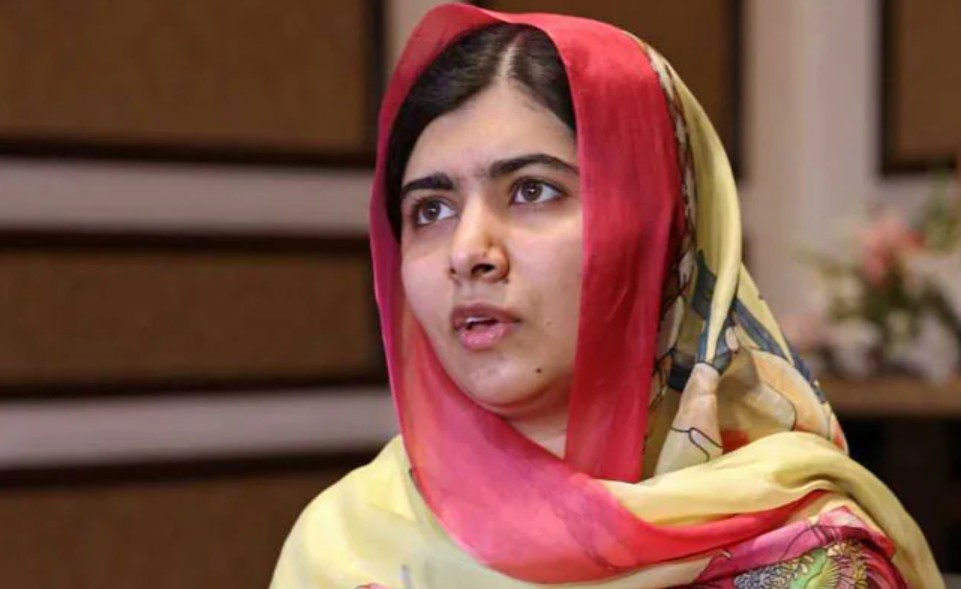In her memoir, Malala Yousafzai opens up about how smoking weed at Oxford reignited memories of the 2012 Taliban shooting.
Malala Faces Unexpected Flashbacks
Malala Yousafzai, the Nobel laureate and girls’ education advocate, revealed that smoking marijuana at Oxford University unexpectedly triggered vivid flashbacks of her 2012 Taliban assassination attempt. The traumatic memory, which had long been dormant, resurfaced with sudden panic and intense anxiety. She described the experience in her memoir with the words: “Bus, man, gun, blood.”
The Aftermath: Anxiety and Insomnia
The resurfacing trauma led to a period of severe anxiety and insomnia for Malala. The incident underscores how even years later, PTSD can manifest unexpectedly, affecting daily life and mental health.
Seeking Professional Support
Malala sought therapy to process the trauma and cope with the resurfacing memories. She highlighted the importance of mental health support and professional guidance in navigating long-term effects of traumatic experiences.
The Impact of Trauma
This revelation sheds light on the hidden struggles of survivors of violence, even those in the public eye. It also emphasizes the role of mental health awareness and therapy in healing from trauma.



